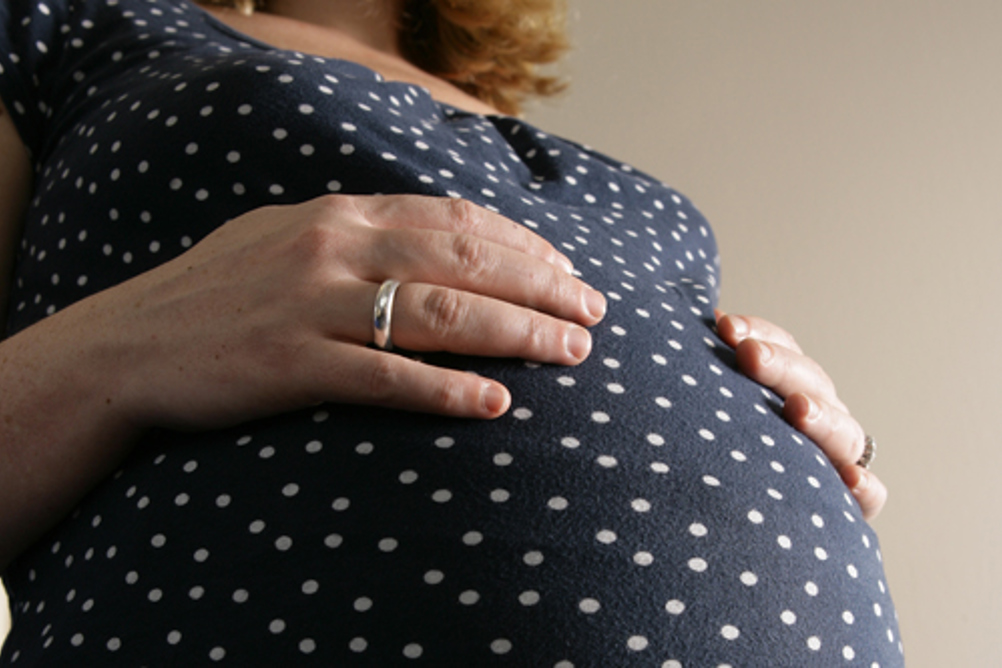
An in-depth analysis by the London School of Economics and Centre for Mental Health of the estimated costs of perinatal mental health problems puts the annual bill at £8.07bn, of which 72 per cent relate to adverse impacts on children and young people.
The study reviewed research from around the world on the long-term impact that mental health problems during pregnancy and in the first year of motherhood have on their own and others' lives and then estimates the cost to the public sector and wider society of this.
It found that a number of common perinatal mental health conditions – which affect around one in five mothers – are linked to higher incidence of childhood problems, including pre-term birth, emotional problems, conduct disorder, special educational needs and poor school performance.
It put the cost to children of perinatal depression at £51,462 per case; of perinatal anxiety at £14,017 per case; and of perinatal psychosis at £5,122 per case.
Researchers were unable to put a cost to other common mental health conditions, including post-traumatic stress disorder, obsessive-compulsive disorder, personality disorder, eating disorder and stress.
Of the £8bn estimated annual cost of perinatal mental health problems, the study puts the bill to the public sector at £1.74bn, the bulk of which falls to the NHS and social services.
The report says around half of all cases of perinatal depression and anxiety go undetected and many of those that are detected fail to receive evidence-based forms of treatment, while specialist perinatal mental health services are available in only 15 per cent of the country.
It claims that spending £337m extra each year would bring perinatal services up to the recommended standards and significantly reduce the long-term costs.
Lead author of the report, Annette Bauer, from the LSE’s Personal Social Services Research Unit, said: “Our findings show that mothers’ mental health is vital to the economy and to society as a whole, particularly because of the potential negative impact that untreated maternal mental health problems may have on children.
“In order to protect the family’s long-term health, intervention needs to start before the child is born, or shortly after because the potential benefits are very high and the costs could be fully recovered in a short time frame.”
Max Davie of the Royal College of Paediatrics and Child Health, added: “Not only do perinatal mental health problems result in a huge financial cost for the NHS, the human cost in terms of the health and wellbeing of children is striking.
“From pre-term births and the associated health risks, through to emotional problems, lower educational attainment and at its most extreme infant deaths, the impact is stark and the message from this report is all too clear: an investment in maternal mental health is also an investment in child health.”
Register Now to Continue Reading
Thank you for visiting Children & Young People Now and making use of our archive of more than 60,000 expert features, topics hubs, case studies and policy updates. Why not register today and enjoy the following great benefits:
What's Included
-
Free access to 4 subscriber-only articles per month
-
Email newsletter providing advice and guidance across the sector
Already have an account? Sign in here

